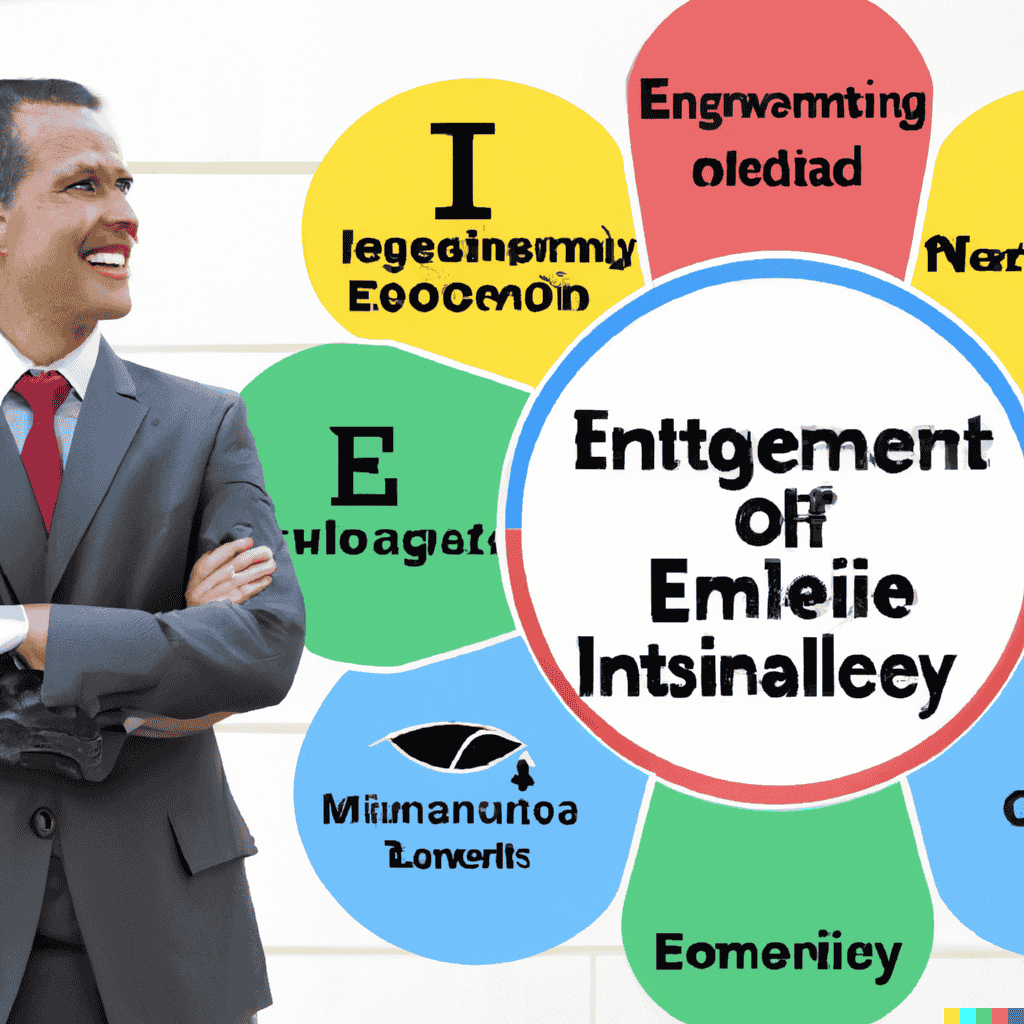Emotional intelligence (EI) is a critical component of effective leadership. It enables leaders to identify and manage their emotions and those of their team members, creating a positive work environment that fosters collaboration, productivity, and innovation. In this article, we’ll explore the importance of EI in leadership and how it can be developed.
Why Emotional Intelligence Matters in Leadership
Leaders with high levels of EI are better able to connect with their team members on a personal level, creating trust and loyalty. They can understand and empathize with their team members’ perspectives and needs, and adjust their communication style accordingly. This helps to build strong relationships and a sense of belonging among team members, which is essential for creating a positive work culture.
In addition, leaders with high EI can manage their own emotions effectively, even in high-pressure situations. This enables them to stay calm and focused, making better decisions and providing clear direction to their team members. They are also better equipped to handle conflict and manage difficult conversations, which are inevitable in any leadership role.
Developing Emotional Intelligence
Fortunately, EI can be developed with practice and effort. Some strategies for improving EI include:
- Self-reflection: Take time to reflect on your own emotions, how they impact your behavior and decision-making, and how you can regulate them more effectively.
- Active listening: Focus on really listening to your team members and understanding their perspectives and needs. Use empathetic listening skills to demonstrate that you care about their wellbeing.
- Mindfulness: Practice mindfulness techniques such as meditation or deep breathing to help you stay present and focused in the moment.
- Empathy: Put yourself in your team members’ shoes and try to see situations from their perspective. This can help you communicate more effectively and build stronger relationships.
- Conflict resolution: Learn strategies for resolving conflict effectively, such as active listening, seeking common ground, and finding win-win solutions.
In conclusion, emotional intelligence is a critical component of effective leadership. Leaders with high levels of EI are better able to connect with their team members, manage their own emotions effectively, and create a positive work environment. By practicing self-reflection, active listening, mindfulness, empathy, and conflict resolution, leaders can develop their EI and become more effective in their roles.








